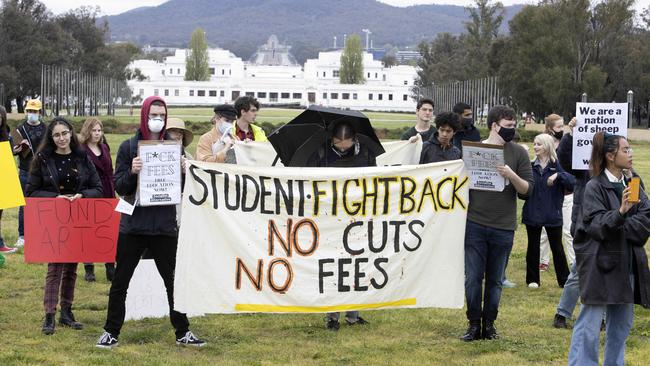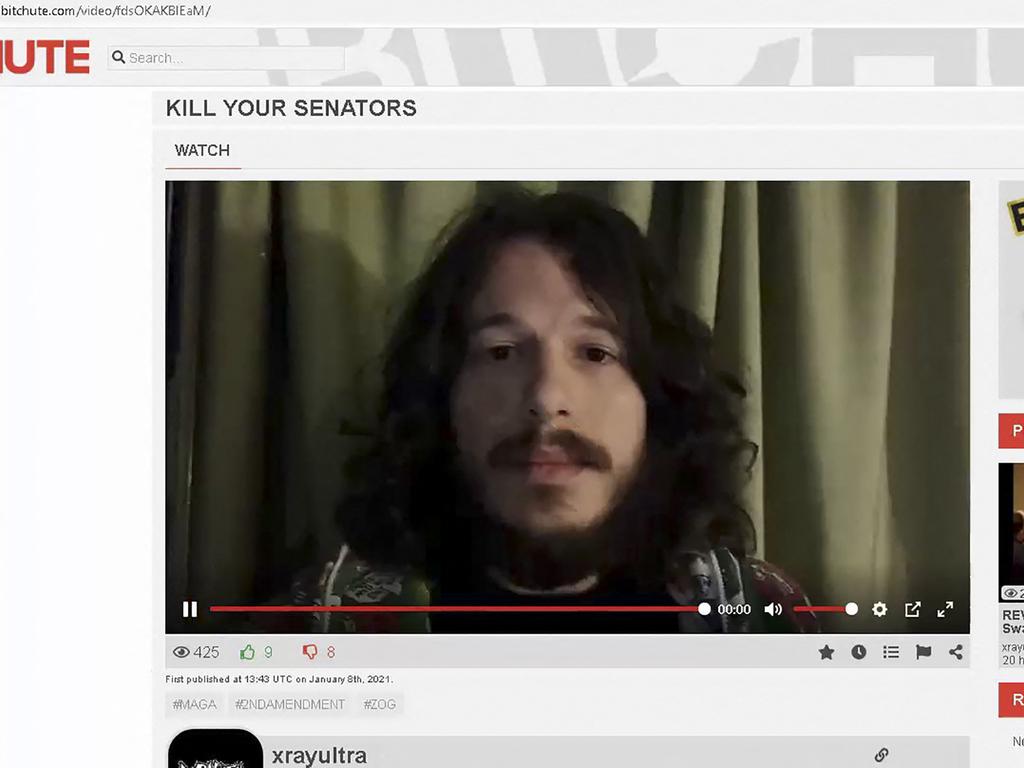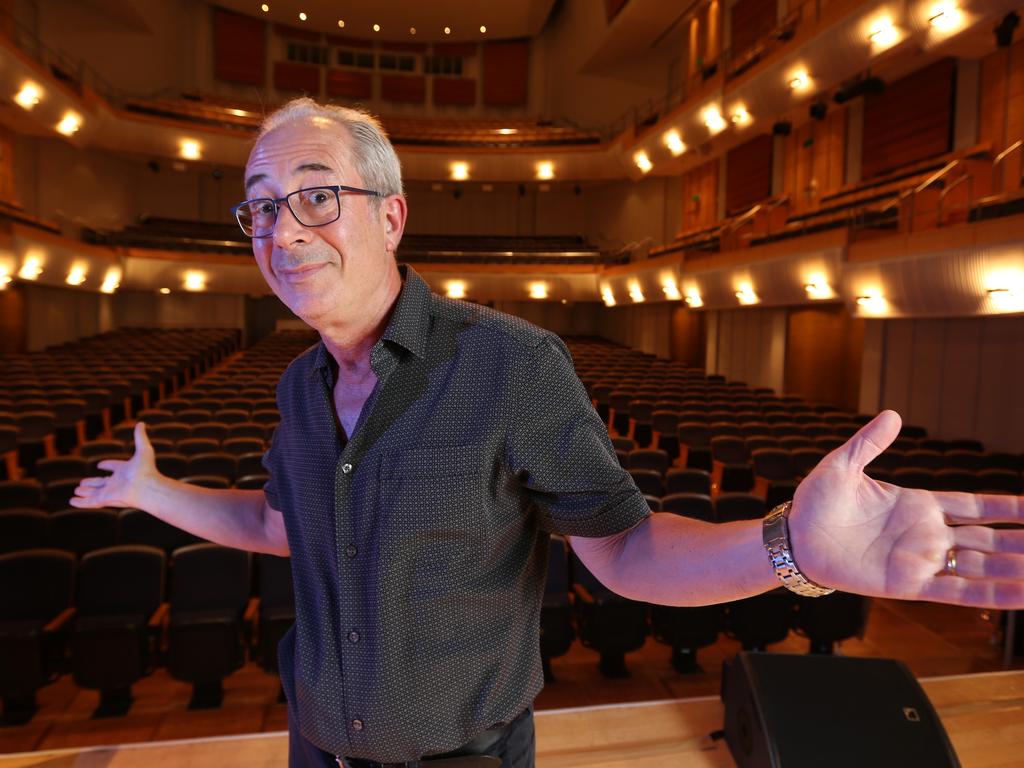Free speech code for unis should apply nationwide

These values underpinned the report delivered more than two years ago by former High Court chief justice Robert French. It called for all universities to adopt a model code on freedom of speech to ensure protection and consistency across the sector. A second report was delivered to the government late last year by Sally Walker. It found that the sector still has work to do, with 33 universities fully or mostly aligned to the model code and six unaligned.
UNSW was one of the unaligned universities but has since adopted the model code. It did so in April after internal consultation demonstrated overwhelming support for the change.
In adopting the code, the university reiterated its position that freedom of speech on campus should be no different to freedom of speech anywhere in Australia. The only constraints on speech should be those that apply to the community under the law, such as under defamation or secrecy provisions in national security legislation.
In one respect, UNSW went further than required by the model code. The code permits universities to ban people from speaking on campus where their speech is likely to “involve the advancement of theories or propositions which purport to be based on scholarship or research but which fall below scholarly standards to such an extent as to be detrimental to the university’s character as an institution of higher learning”. Universities can use this clause to limit speech that would be lawful off-campus, perhaps on topics such as climate change or vaccination. As a result, UNSW adopted the model code without this clause.
Tudge has made it clear time is running out for all of Australia’s universities to implement the model code. He has lost patience with those yet to act, and set out his expectation that the code must be “implemented fully this year, with no more excuses”.
He backed this up with a threat. If universities do not fall into line, he will look at “all options” to secure compliance, including new legislation.
The minister did not elaborate on what sort of new laws he has in mind, but he may be tempted to look to Britain, where the government introduced new legislation in May that takes government intervention in the higher education sector on freedom of speech to a new level. This follows an already legislated requirement that UK universities adopt codes of practice on freedom of speech.
The Higher Education (Freedom of Speech) Bill would impose additional duties on UK universities to protect freedom of speech. These include a new requirement that universities and their student bodies ensure staff and students can “question and test received wisdom” and “put forward new ideas and controversial or unpopular opinions”. These values will be championed by a new government official called the Director for Freedom of Speech and Academic Freedom.
These new obligations would be backed by powerful sanctions. University registration in the UK would depend on having the right systems and governance arrangements in place to protect freedom of speech. A new complaint system would be introduced and universities could be fined for breaches. People aggrieved by a university on free speech grounds, such as a visitor denied a platform or a student denied the ability to speak in class, will also be able to sue the university. That person could seek damages or other compensation from a university for what the UK government calls “unlawful silencing”.
Australia has its own free speech problems, but these go well beyond universities, and require a broader response. Across our society, governments, public institutions and members of the community have become less tolerant of freedom of speech, and more willing to deny people their voice. We have become increasingly permissive of laws and policies that prevent robust discussion, including where this may prove offensive.
A good part of the problem lies with our parliaments. Rather than setting a high standard, they have passed laws that criminalise freedom of speech. Journalists can be jailed for reporting in the public interest on national security information, as can whistleblowers for supplying that information. The states have also enacted measures that proscribe language people may find offensive or insulting. This ever-growing list of anti-speech laws shows how things have got out of hand.
Australia needs strong protection for freedom of speech, but this should extend well beyond universities. We need a free speech statute that applies across our society to provide every person with a right of free expression. This should apply a common standard to universities and other parts of our society to ensure consistent and effective protection for a vital democratic value.
George Williams is a Deputy Vice-Chancellor and Professor of Law at the University of NSW.







Federal Education Minister Alan Tudge made it clear last week that he is determined to see freedom of speech safeguarded on every Australian campus. He rightly described this as an “essential value which underpins the very essence of a university”, and recognised that the pursuit of truth demands freedom of expression and free academic inquiry.